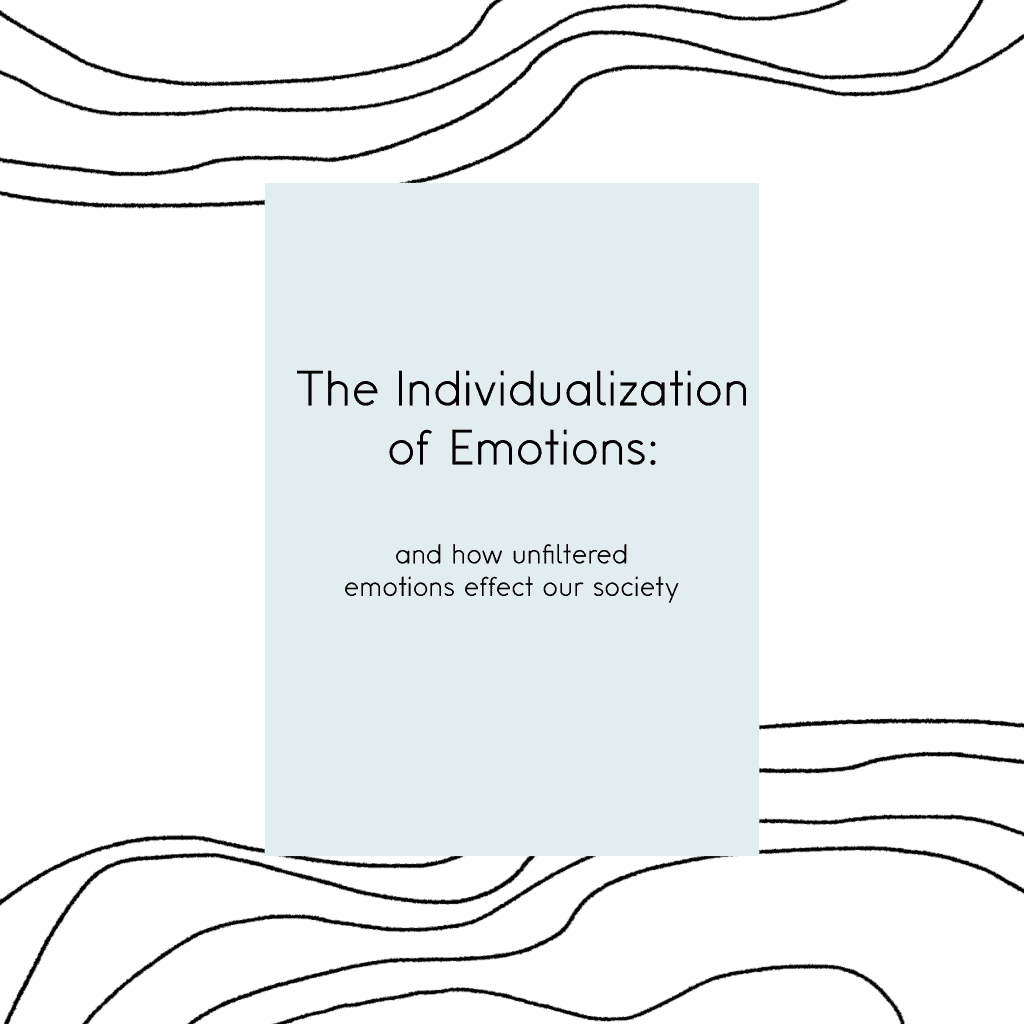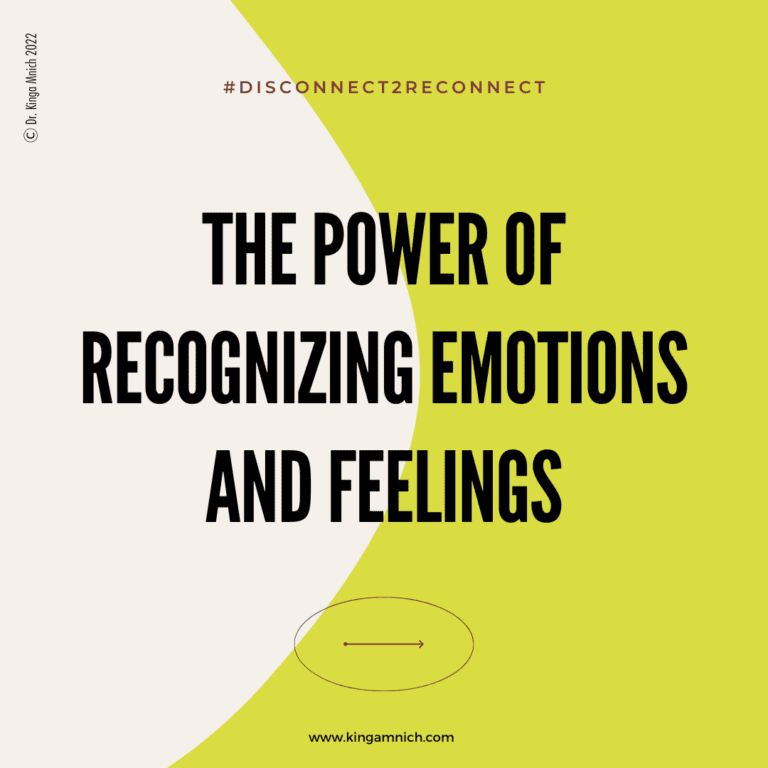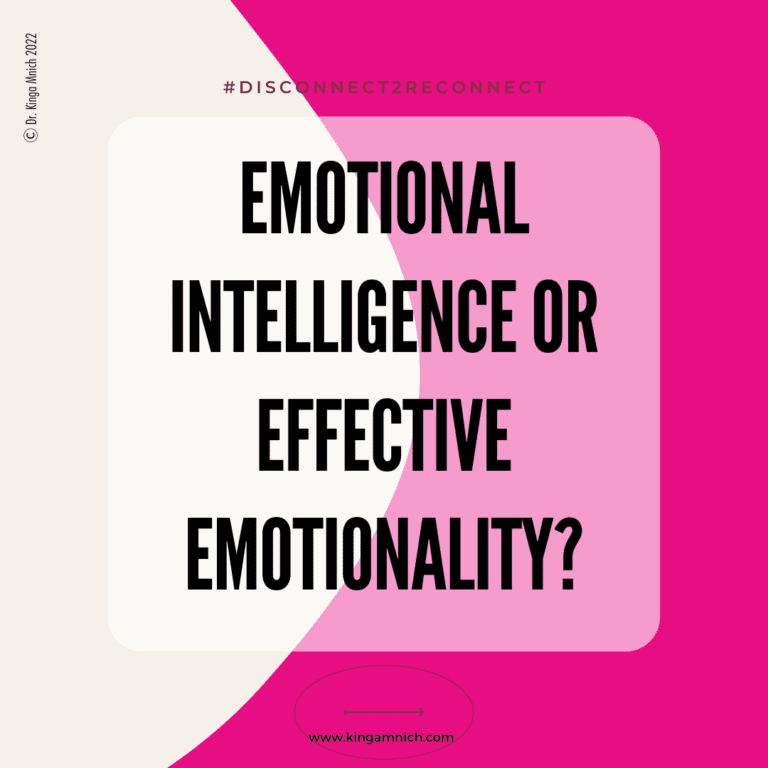The topic of emotions has become more en vogue since Brené Brown’s Ted Talk and her book on vulnerability. The world, in general, has shifted towards being more emotional. Conversations about emotions and free expression of feelings have become normalized. Topics such as emotional intelligence, positive thinking, and the power of positive emotions are just a few that are being widely discussed.
As a researcher of emotions, it has become my mission to understand what emotions are and how we can better understand them.

Emotions in Psychology, Sociology and Research
What are emotions? Chemical reactions in our brain? Social patterns that make us behave in a certain way? Cultural concepts that have been created over centuries to create a specific structure within our community? Or bodily reactions to hormones?
The process of developing a clear definition of emotions has raised numerous debates amongst scholars. They have been defined as states of feelings, as positive or negative appraisals, and state of unconscious arousal. Emotions play a central role in our communications and interactions. It is impossible to interact with one another without using them.
Emotions are everywhere! That’s why it is necessary to have a conversation about if and how emotions should be controlled or expressed freely.
The free expression of emotions
Let’s start with what it means to express your emotions freely. While we might think that expressing emotions such as compassion, love and happiness is a beautiful addition to our world. You might change your opinion very quickly when you look at emotions such as anger, hate & jealousy. Modulating and controlling your emotions is a necessity for building a healthy society.
Let’s look at the example of happiness. As humans, we have the great ability to understand that being happy is a reaction to the present situation. At the same time, some of us have the wonderful ability to turn it into a constant state of mind. Nevertheless, it wouldn’t be appropriate to show happiness in every situation. The best example of this is a funeral. We need to express sadness to show sympathy to others. That doesn’t necessarily mean that you feel sad at that moment. Instead, you are aligning yourself with the social and cultural norms. Read more about this topic in Erving Goffman’s: The presentation of self in everyday life. Now, imagine someone laughing at a funeral? Wouldn’t that be awkward? Therefore the increasing debate of free emotional expression brings at times a few difficulties with it. It also leaves out the topic of emotional intelligence.
The negativity bias – and how we naturally tend to think and feel more negatively
Did you know that our brain is scanning the environment for potential danger six times a second – 360 times a minute, 21 600 an hour, and 518 400 times a day. Your brain is by nature tuned to look for potential negative effects on your life. This inherently, if not controlled, will make you feel anxious. Scenarios such as increased heartbeat and perspiration before an interview can make us feel like we are in danger. Thanks to our ability to think rationally, we know that this is not the case. Even though we have not been able to outgrow our fight or flight responses, we have learned to understand and rationalize them. That also means that we can understand negative emotions better and put them into perspective.

Should we maybe dismiss feelings all together?
Philosophers and scientists have tried to abolish the idea of emotions for centuries. Rational (therefore objective) thinking became the goal of any man or woman that wanted to be taken seriously. In the meantime, we have learned that emotions are part of the human being as much as rational thinking. They are both necessary and create a healthy balance for every human being. We would not be able to make progress and develop as a society without both sides of our human brain.
The recent increase in emotionality is overshadowing that we need to allow ourselves to be also rational human beings because we are not just a product of our emotions. And to many contrary beliefs, it does contradict the teachings of emotional intelligence.

Moving away from collective emotions!
So, why are we allowing ourselves and our surroundings to dwell so deeply on emotions? Individualization has opened the doors to place more importance on individual emotions and the individual himself. A path that has guided many into a self-centered and seemingly dangerous way of life, leading to a very lonely path and a path to selfishness. Emotions need to be seen in context, and we need to learn to understand why we feel the way we do. Especially because if we are too focused on ourselves, we will misinterpret interactions and communication. This can easily cause conflict, but it can also lead to ostracizing oneself. And isn’t that what we increasingly observe within our society? People interacting just behind the safety of their computers or cellphones without real interactions.
Having a healthy balance between emotions and rational thinking is important in your personal life and professional. Let’s continue with the conversation about emotional intelligence instead of embracing the unfiltered expression of feelings.

You can learn more about the topic of emotional intelligence on Very Well Mind.













One Comment